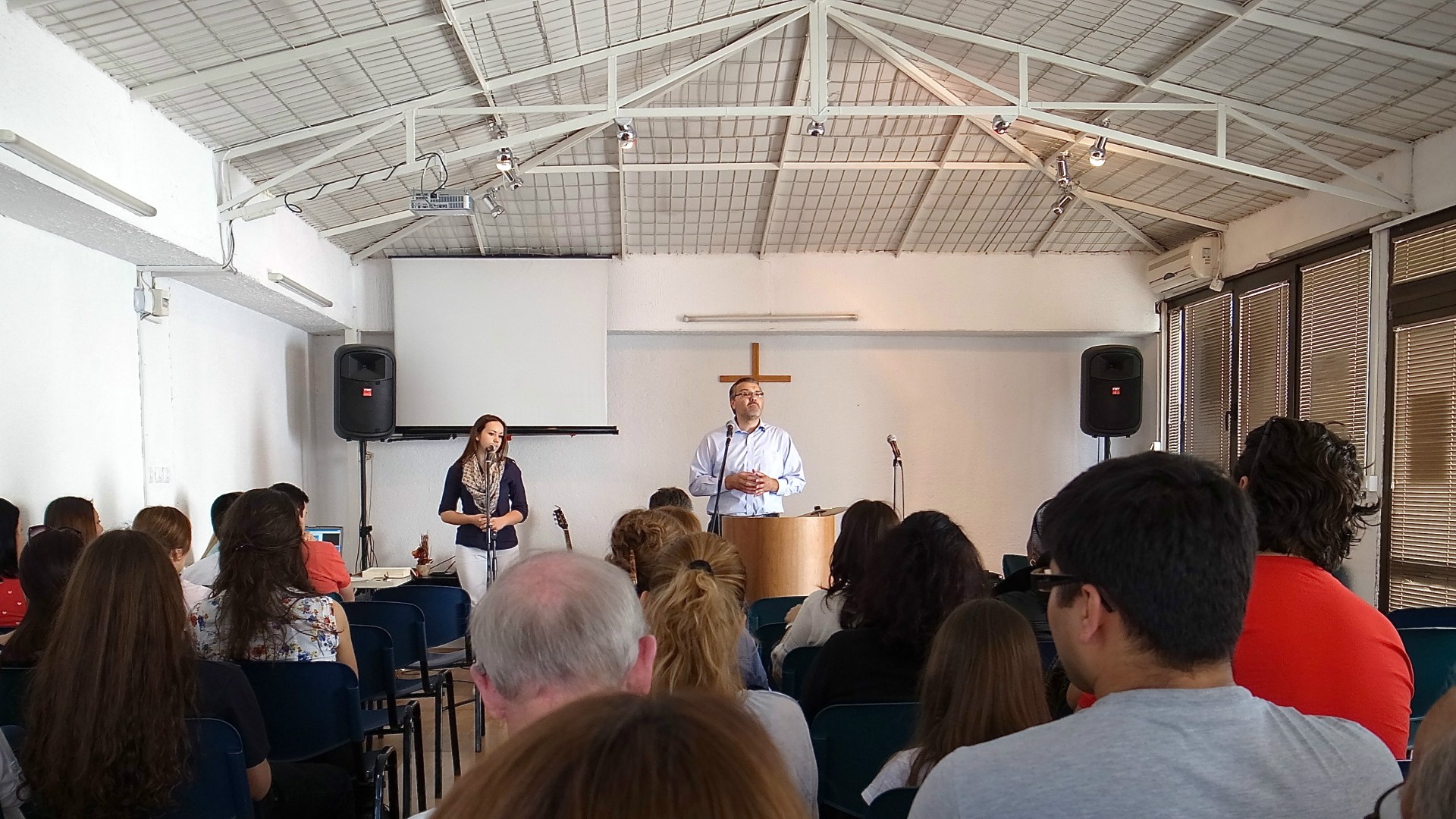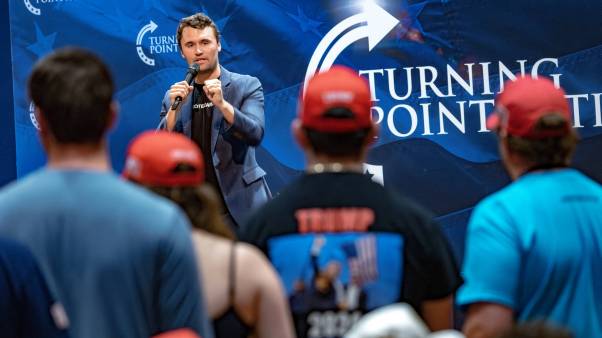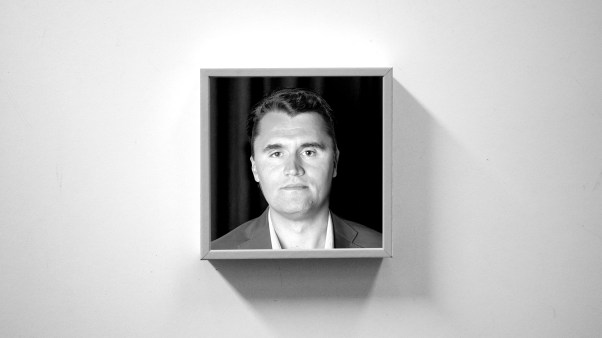Want to know if someone is an evangelical?
Ask them what they believe.
That’s the conclusion of a two-year collaboration between the National Association of Evangelicals (NAE) and Nashville-based LifeWay Research to improve the contested ways researchers quantify evangelicals in surveys. Their report, released today, defines evangelical by theology rather than by self-identity or denominational affiliation.
The NAE, one of several stewards of the term, hopes that the new belief-based research definition will replace older definitions based on race or politics that lead to incomplete results. For example, the report notes that "though the African American Protestant population is overwhelmingly evangelical in theology and orientation, it is often separated out of polls seeking to identify the political preferences of evangelicals."
“Evangelicals are people of faith and should be defined by their beliefs, not by their politics or race,” said NAE president Leith Anderson. [CT previously explored how politics keeps evangelicals white.]
The new report identifies four key statements that define evangelical beliefs, creating what may be the first research-driven creed.
Those statements are:
- The Bible is the highest authority for what I believe.
- It is very important for me personally to encourage non-Christians to trust Jesus Christ as their Savior.
- Jesus Christ’s death on the cross is the only sacrifice that could remove the penalty of my sin.
- Only those who trust in Jesus Christ alone as their Savior receive God's free gift of eternal salvation.
Only those who strongly agree with each of those statements should be considered “evangelical by belief,” according to the NAE.
“We’re not saying these are the only evangelicals, but we are saying this will define someone as having evangelical belief,” said Scott McConnell, vice president of LifeWay Research.
To come up with the new definition, researchers sought input from a diverse group of sociologists, theologians, and evangelical leaders, including: Richard Mouw, Paul Nyquist, Mark Noll, Rodney Stark, Christian Smith, Penny Marler, Nancy Ammerman, Mark Chaves, Scott Thumma, Warren Bird, Andre Rogers, Peter Lee, Tammy Dunahoo, Gabriel Salguero, Heather Gonzales, Samuel Rodriguez, Kevin Smith, Jo Anne Lyon, Leith Anderson, and Lynn Cohick.
A list of 17 statements was eventually narrowed to a set of four.
The statements closely mirror historian David Bebbington’s classic four-point definition of evangelicalism: conversionism, activism, biblicism, and crucicentrism. But this list emphasizes belief rather than behavior, said Ed Stetzer, executive director of LifeWay Research.
“Affiliation and behavior can be measured in addition to evangelical beliefs, but this is a tool for researchers measuring the beliefs that evangelicals—as determined by the NAE—believe best define the movement,” he said.
LifeWay confirmed the statements are statistically valid, reliable, and form a valid scale, testing them in online and phone surveys.
People who strongly agree with one statement tend to strongly agree with others, indicating the statements measure a “theological package” of evangelical belief, Stetzer said. Those who strongly agree with all four statements are more likely to attend church frequently and identify themselves as evangelical.
“This simple set of four questions reliably discerns those who share evangelical beliefs from those who do not,” Stetzer said.
A LifeWay phone survey of 1,000 Americans found widespread agreement with traditional evangelical beliefs.
More than half strongly agree that the Bible is their highest authority (52%) and that Jesus’ death is the only sacrifice that could remove the penalty of sin (58%). Almost as many strongly agree that it is important for them to personally encourage non-Christians to trust Christ (49%) and that only those who trust solely in Jesus will be saved (48%).
About 3 in 10 Americans fit the NAE/LifeWay statistical definition of what would count as evangelical by belief.
That number aligns with other studies using other methods, Stetzer said.
For example, 35 percent of Americans describe themselves as “born again or evangelical Christian,” according to the Pew Research Center’s 2014 US Religious Landscape Study, and 25 percent identify with evangelical churches.
LifeWay found that many who label themselves as evangelicals also attend an evangelical church and hold evangelical beliefs. Fifty-nine percent of Protestants who identify as evangelicals strongly agree with all four statements.
“Identity, belief, and behavior are three different things when it comes to being an evangelical,” McConnell said. “Some people are living out the evangelical school of thought but may not embrace the label. And the opposite is also true.”
Differences were particularly apparent among African Americans. Only 25 percent of African Americans who hold evangelical beliefs consider themselves evangelical Christians, compared to 62 percent of whites and 79 percent of Hispanics.
“African American Christians historically have high levels of beliefs that align with evangelical beliefs but tend not to use that term,” Stetzer said.
The report found that 41 percent of self-identified evangelicals fall outside the new definition of evangelical belief, and 21 percent of those who disavow the evangelical label have beliefs that actually fall within the evangelical definition, reports Facts & Trends. It also notes:
- 23 percent of Catholics and 47 percent of Protestants hold evangelical beliefs.
- 46 percent of Americans who attend church at least weekly hold evangelical beliefs.
- 39 percent of those who identify themselves as Christians hold evangelical beliefs.
- Americans with a high school education or less are most likely to hold evangelical beliefs. Forty percent of those with no more than a high school education strongly agree with all four statements, compared to 26 percent of those with some college, 22 percent of those with bachelor’s degrees, and 18 percent of those with graduate degrees.
Researchers can combine the NAE/LifeWay statements of evangelical belief with additional questions measuring evangelical belonging and behavior to get a more complete picture of evangelicalism in America, McConnell said.
Anderson said, “Evangelicals are ‘good news’ people. We appreciate research and want to learn more from researchers about our community. This new method will help get us all on the same page about who are evangelicals.”
Methodology:
The phone survey of Americans was conducted Sept. 8-21, 2015. The calling utilized random digit dialing. Fifty percent of completes were among landlines and 50 percent among cell phones. Maximum quotas and slight weights were used for gender, region, age, ethnicity, education, and religious preference to more accurately reflect the population. The completed sample is 1,000 surveys. The sample provides 95 percent confidence that the sampling error does not exceed plus or minus 3.7 percent, including weight effects. Margins of error are higher in sub-groups.
[Image courtesy of George Redgrave / Flickr]









